
Survey of laws and bills that curb and punish disinformation and fake news on the Internet shows growth in Latin American countries. Experts warn of the risk of censorship and self-censorship of journalists.
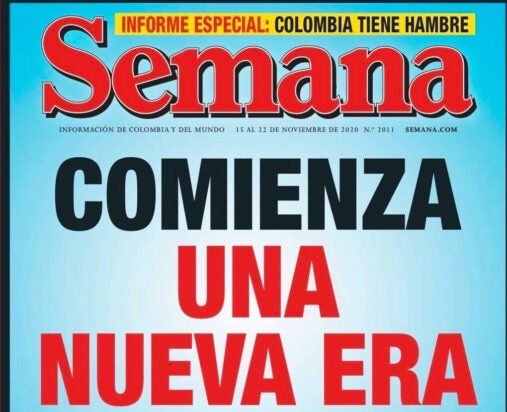
The acquisition of the magazine by the Gilinski family, one of the richest families in the country, and the resignation of at least 16 journalists and columnists may affect the plurality of journalism in the country, but could be an opportunity for digital natives, say experts.

Offering reporting scholarships, through open and public calls, is a way for journalistic outlets to diversify their stories, and a democratic opportunity for freelance journalists.

In a decision that defenders of the freedoms of the press and expression have not hesitated to classify as a violation of these rights, the Colombian Attorney General's Office announced it has an open investigation against journalist Diana Díaz Soto and that on Nov. 18, it would charge her for the crime of "use of […]
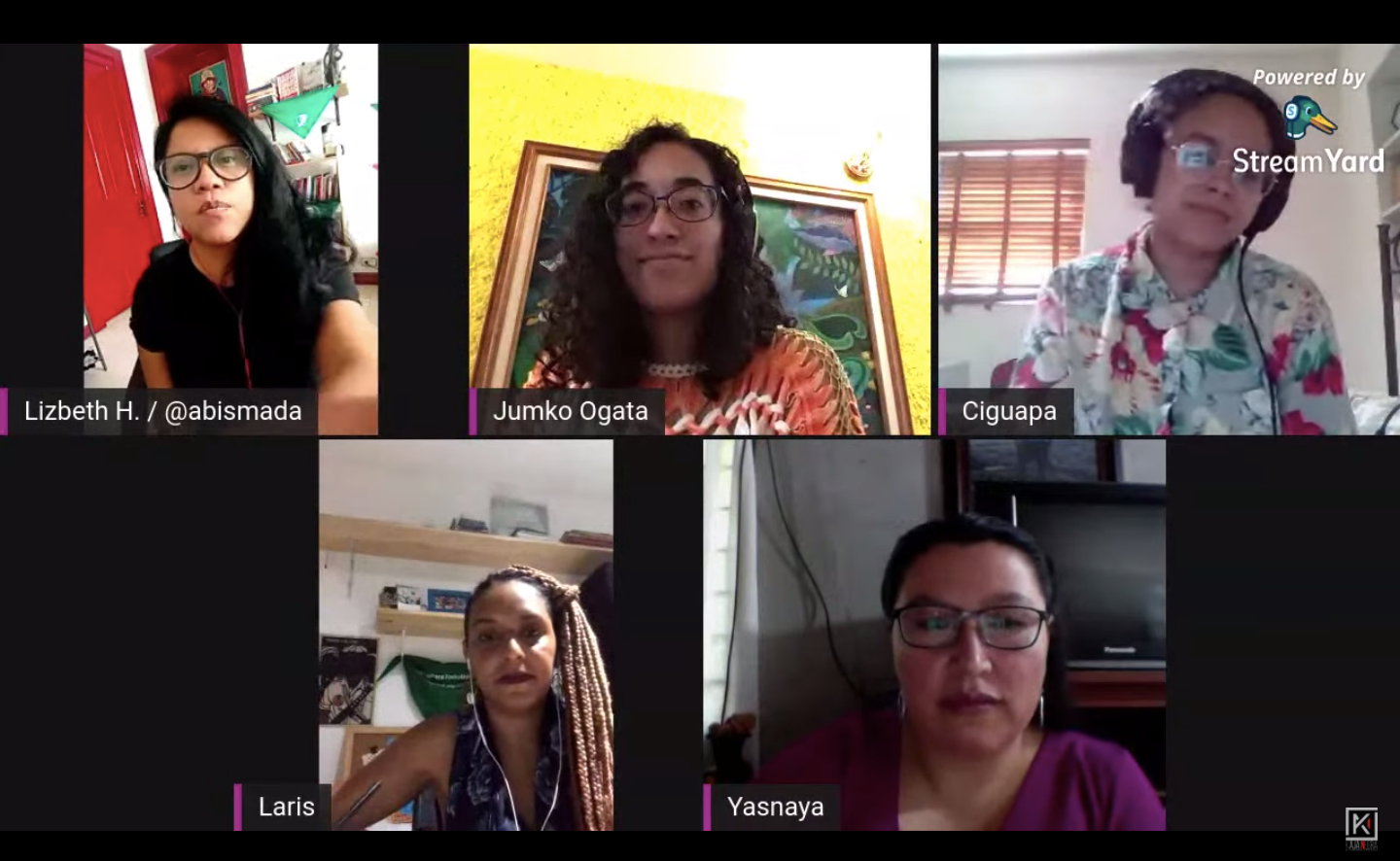
This is part two of an article addressing racism and the coverage of racial violence in Latin American newsrooms. To read part one, click here. Recent coverage of racism and racial violence in Latin America has drawn attention to not only the need for this coverage, but the need to have more Black and […]

Research with readers from Latin American countries indicates that the decision to pay for news is associated with the independence and transparency of the news outlet and suggests that digital media should better communicate these values to their potential audience.
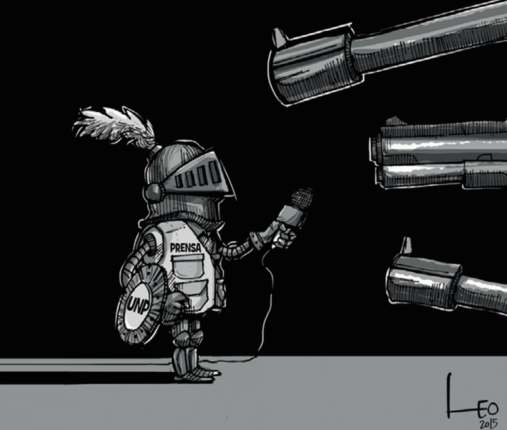
The information provided by Rutas del Conflicto and La Paz en el Terreno to institutions created to narrate and judge the crimes of the Colombian armed conflict demonstrated the role journalism has in the contexts of violence and construction of memory.
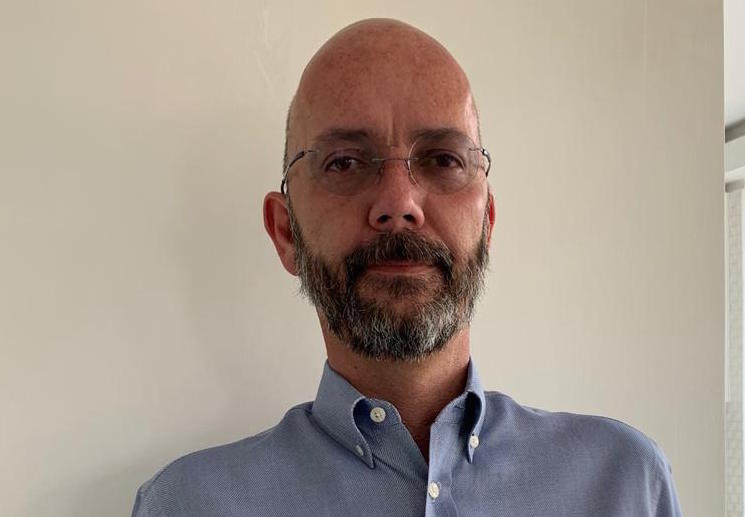
Colombian journalist Ricardo Calderón was one of the winners of the 2020 Maria Moors Cabot Awards. His investigations have leaded to the removal from office, arrests and prosecutions of dozens of shady officials, and because of that his life has been in danger.

The journalist and humorist Jaime Garzón Forero was murdered in the early hours of Aug. 13, 1999, in an alliance between agents of the State and groups outside the law. The country continues to demand for justice.
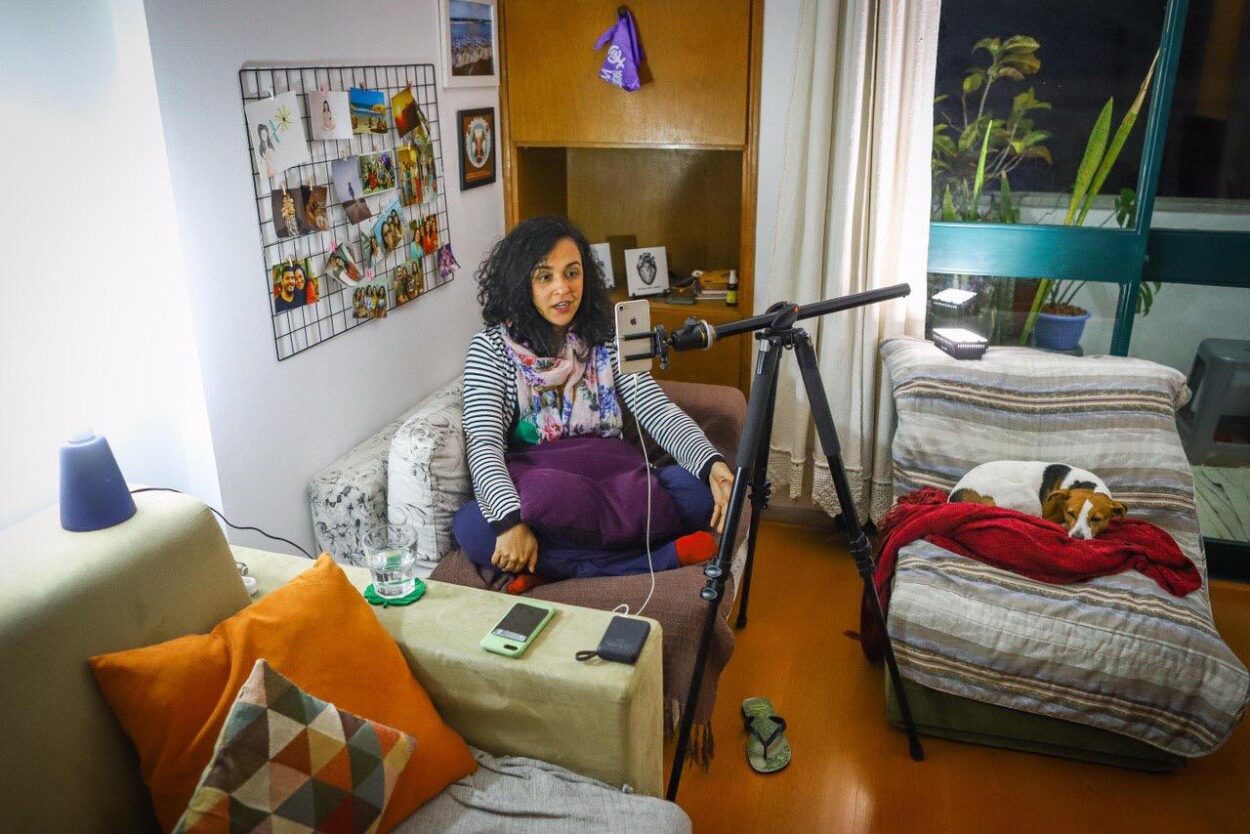
Across Latinamerica, journalists who dedicate themselves exclusively to working as freelancers shared the common problems they face and the methods of survival they developed in a competitive and undervalued market.

Ferry, whose career spans more than three decades, is described as a photojournalist "with the patience of an anthropologist and great humanity" by the Columbia Journalism School.
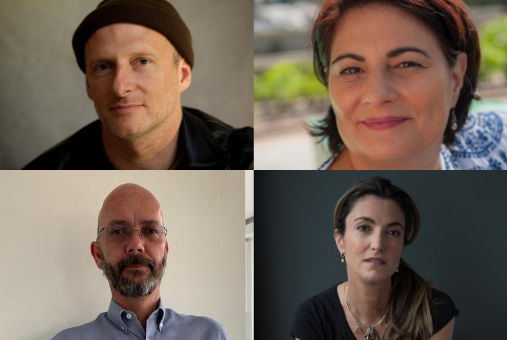
Two investigative reporters, one independent photojournalist and a veteran public radio reporter have been named as recipients of the 2020 Maria Moors Cabot Prizes.